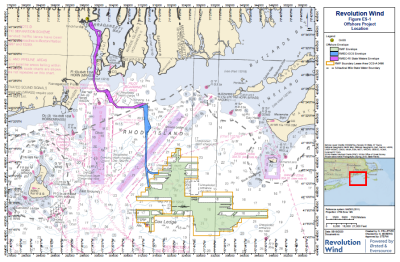This choice has to be made frequently when a barge arrives at or sails from a terminal: Should you use an assist boat?
Sometimes, because of a mandatory assist policy at a barge terminal or for a specific berth or set of conditions, the decision has already been made. But this is the exception. Most of the time, for better or worse, it’s left up to the mariner’s judgment.
It’s the classic “damned-if-you-do, damned-if-you-don’t” scenario. Companies and customers generally want to keep costs at a minimum, but they also want a virtual guarantee of safety. That means no incidents, no injuries and no damages. There is an inherent, unresolvable conflict between the two. And never forget the wildcard in this equation — operator ego. When that gets in the way of clear thinking (Assist boat? You want an assist boat? We don’t need no stinking assist boat!), carnage may ensue.
Regardless, there are several variables that must be considered and planned for each time a barge arrives at or departs from a terminal: the draft/freeboard, trim and weight of the barge you’re moving, the combined handling characteristics of both the barge and the tug, wind direction and velocity, current direction and strength, proximity of other berths and whether they are occupied or empty.
If they’re occupied, what size is the vessel or vessels? Other variables include dock configuration, including the types and locations of the mooring fittings, and water depths at and surrounding the berth. Is it a T-dock, finger pier or face dock? What kind of fendering? Are line handlers required or, if not, are they available? If they’re not available, is the dockman capable of safely taking or letting go your lines in the predicted conditions?
That’s before you even consider the assist boat itself. What is its size, hull type, horsepower, clutch-delay, maneuverability, is it conventional or tractor, and what’s the operator’s skill and experience level? All of the aforementioned are relevant and necessary considerations, and some of this information will not be available to you.
Yes, it’s a lot to think about, but you must do this if you want to come and go quietly and without incident.





